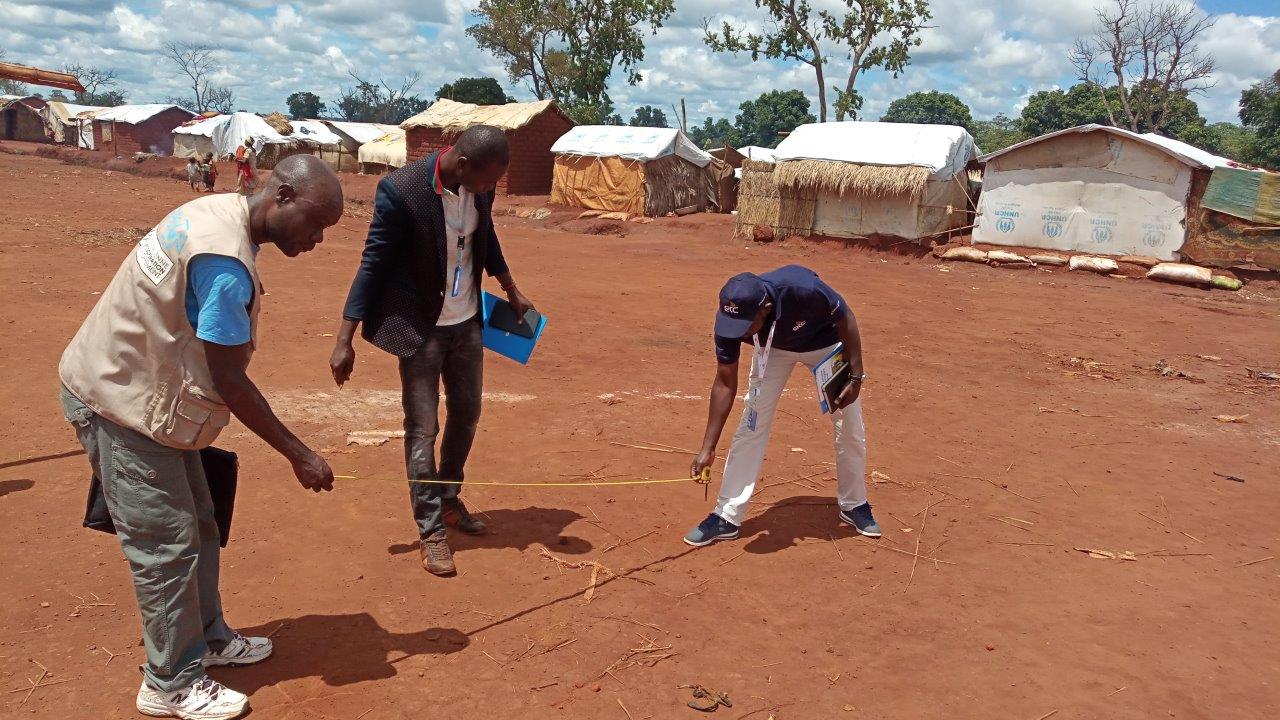Let's Connect Communities

The next Let's Connect Communities course will be held in April-May 2026. Watch this space for more updates.
ETC provides ICT services for populations affected by crises, enabling them to access life-saving information and communicate with humanitarians and each other through technology. This training will equip humanitarian responders with the knowledge, skills, attitudes, and tools to deliver, manage, and sustain ICT services for affected populations in an emergency and preparedness context.
Target Audience
Individuals who have previous emergency deployment experience from all humanitarian agencies and preferably within the coordination or team leadership capacity. Individuals with the following profiles are encouraged to apply:
- Emergency Preparedness and Response (EPR) Officers
- IT Emergency Coordinators
- Project/Programme Officers
- Communication with Communities, and/or Accountability to affected population ( AAP) officers
- IT Officers with project management experience
Number of Participants: 20
Objective
Train participants to provide appropriate and effective ICT services to the affected population during emergency and emergency preparedness.
Learning Objectives
During and after the course, participants will be able to:
| Identify and gather information from relevant sources and capture using structured methods. |
| Engage effectively with key stakeholders. |
| Advocate and communicate about ETC services for affected populations. |
| Design and plan for the effective delivery of services to affected populations. |
| Effectively implement, manage and monitor projects for affected populations. |
| Demonstrate a service-oriented mindset |
| Demonstrate the ability to work as part of a team. |
Topics Covered
| Humanitarian Context and Overview of Emergencies |
| About the ETC – Mandate and Services |
| Working with communities- key concepts and terminologies |
| ETC Services to Affected Populations |
| Assessment for S4C Projects |
| Gap and Opportunity Analysis and Project Identification |
| Project Feasibility Assessment and Planning |
| Project Management (sourcing, staffing, budgeting, risks, sustaining/continuity) |
| Monitoring and Evaluation |
| Funding sources and processes |
| Coordination mechanisms and stakeholder engagement |
| Communication and advocacy |
| Information management and reporting |
| Problem Solving and creative thinking |
| Service mindset |
Format and Language
This will be a blended learning programme run fully virtually and will include a mix of self-paced and live sessions. The course and all materials will be delivered in English.